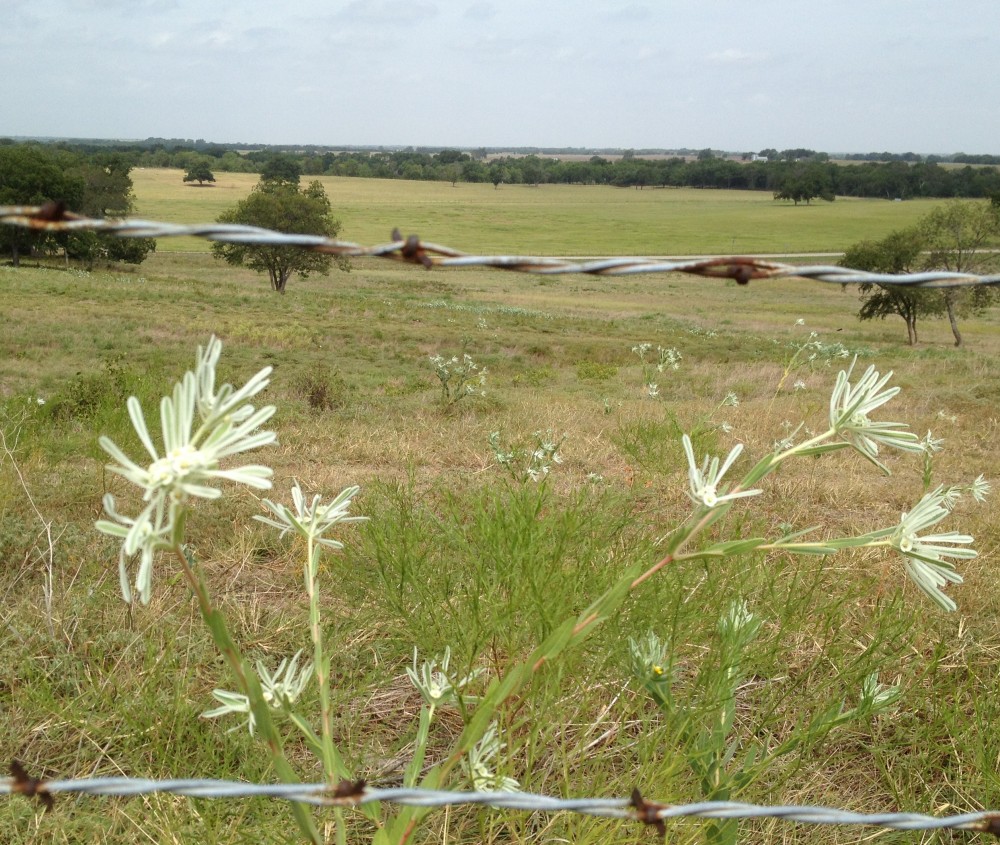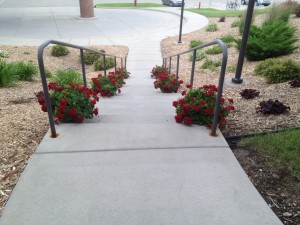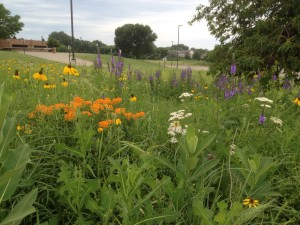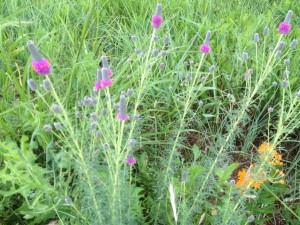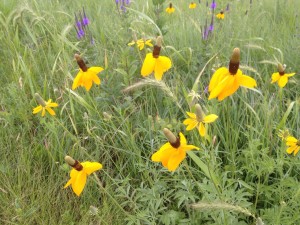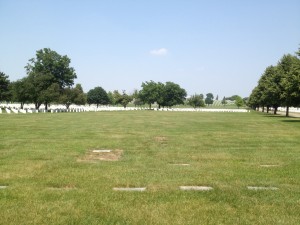On July 5th, two days after Mary’s mother Me-Maw died peacefully in her garden, my 91-year old Father died peacefully in Minneapolis, Minnesota with my 94-year old mother nearby to hold his hand.
My Father grew up on a farm in Iowa. Dad had just turned seven when the Stock Market crashed on October 29, 1929, Black Tuesday, and the Great Global Depression started. He always felt they were lucky. The family grew their own food — so they ate, even though they had no cash money. I remember him telling me how they put milk in their bicycle tires, because they couldn’t afford new tubes. I’m not quite sure how that worked, but it was a good story and I’d always think: How did he do that? Dad was a resourceful fellow who was good with his hands. He became a mechanical engineer, started his own firm, and helped build schools, churches and hospitals. He loved his work, he loved to help people, and he loved to eat. I knew his time might be close when my sister sent me an early-morning email saying Dad wasn’t hungry. Dad was always hungry – he grew up during the Depression, and he always cleaned his plate.
We all gathered for the funeral. Mary and I rushed home after MeMaw’s funeral, changed clothes, packed our bags and headed for the airport. It was a good meeting: the 4 children and their spouses, 10 grandchildren and significant others, and 13 of the 15 great grandchildren. Not as big a crowd as that of Mary’s relatives, but a very nice family gathering for a sad and happy celebration of Dad’s, Grandpa’s and Great Granddad’s life.
On the day of the funeral, it was Farmers Market at the church’s upper parking lot. I liked that. We parked below and walked up for the service. Red geraniums lined the steps. I thought how much Dad loved to plant and work with his hands in the soil. He had a rock garden full of flowers, and his white and purple phlox were famous for streets around. The phlox is still one of my favorite flowers, it was one of the first things I drew in grade school, and I seek it out on spring car trips to discover the early blooms. Dad often grew a red geranium in a pot on the back porch. I have one beside the front step that looks much like these.
The petunia is another favorite. In Iowa and Minnesota, the petunia grows all summer long. In the Texas heat, they last only to early summer. I plant them nevertheless. These potted sentinels graced the lane where the hearse was parked.
On the hill nearby, the wildflowers waved.
Among those flowers, the purple prairie clover looked out. This is wild clover. On Dad’s farm, they grew sweet clover. It was full and purplish red and when you pulled out the petals, you could suck the sugar out of the white base. As kids, we loved to visit that field and taste the sweet clover.
Black-eyed susans were bouncing in the mid-day breeze, reminding me of dancing ballerinas and “Corky.” Corky in her tutu is the picture downstairs of my Mom as a girl. Dad met Mom in Nice, France during World War II. Dad had been in the artillery, but they discovered he could sing, play an instrument and tell a joke – corny, but he was always something of a jokester. Well, the folks in charge transferred Dad to Nice to help entertain the troops on leave. My Mom was there with the Red Cross, doing the same thing. One day, they met on the steps of a casino that had been turned into a theatre for the troops. The story is that Dad found out Mom was from Iowa and promptly told her that he was going to marry her. Apparently, Mom was not so taken with him. She slapped him so hard she knocked him down those stairs. Dad was persistent. He sent her a single rose every day. At the end of the War, she hadn’t said “Yes.” They both returned to their separate homes in Iowa, about 100 miles apart. The rest of the story is that one day Dad was out there on the tractor plowing in the field, when a sibling rushed up yelling that a girl was on the phone. Dad jumped off, rushed inside, rushed out, jumped in the car and took off. The tractor was still running. I was born about a year later. You gotta’ watch out for those dancing ballerinas.
Butterfly weed. That’s what they call this golden orange wildflower in Minnesota. On the hill as we drove off following Dad in the hearse, the butterfly weed was bright as the sun. When we arrived home a few days later, a little orange flower was in a pot on the front bench. They looked the same. My granddaughter with my mother’s name had left it for us.
We drove between the fields of white markers, row-on-row under the blue sky, and stopped for the interment ceremony at Fort Snelling National Cemetery. The old soldiers were already there, standing at attention with their vintage rifles. The squad gave Dad a 21-gun salute, and the officer-in-charge presented Mom a neatly folded American flag. The children held their ears. We all cried a bit. Then, the kids ran and played between the white stone markers.
My granddaughter with Corky’s smile pulled a rose from one of the arrangements and placed it in my lapel. I have it still. As we left, I watched the white markers of the soldiers climb the far hill and thought, “It’s really not that far.”
For each story, there’s an end and a new beginning.
Grandpa Jim
